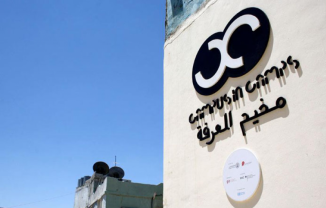This initiative stems from the recognition that refugee camps in the West Bank are in a process of a historical political, social and spatial transformation. Despite adverse political and social conditions Palestinian refugee camps have developed a relatively autonomous and independent social and political space: no longer a simple recipient of humanitarian intervention but rather as an active political subject. The camp becomes a site of social invention and suggests new political and spatial configurations.
In recent years the refugee camp have been transformed from a marginalized urban area to a center of social and political life. More notable is that such radical transformations have not normalized the political condition of being exiled. For decades, the effects of the political discourse around the right of return, such as the rise of a resolute imperative to stagnate living circumstances in refugee camps in order to reaffirm the temporariness of the camps, forced many refugees to live in terrible conditions. What emerges today is a reconsideration of this imperative where refugees are re-inventing social and political practices that improve their everyday life without normalizing the political exceptional condition of the camp itself. The Camp Improvement Program, direct by Sandi Hilal, accompanied such trasformations in particular in five refugee camps: Fawaar, Arroub, Dheisheh, Aida and Beit Jibrin. What have emerged in years of community-based projects is the desire to produce new forms of representation of camps and refugees beyond the static and traditional symbols of victimization, passivity and poverty. Campus in Camps aims at providing a protected context in which to accompany and reinforce such complex and crucial changes in social practices and representations.
The initiative, begun in January 2012, engages young participants in a two-year program dealing with new forms of visual and cultural representation of refugee camps after more than 60 years of displacement. The aim is to provide young motivated Palestinian refugees who are interested in engaging their community the intellectual space and necessary infrastructure to facilitate these debates and translate them into practical community-driven projects that will incarnate representational practices and make them visible in the camps. What is at stake in this program is the possibility for the participants to realize interventions in camps without normalizing their conditions or simply blending the camp with the rest of the city. We believe that the future of the refugee camps and their associated spatial, social and political regime force us to re-think the very idea of the city as a space of political representation through the consideration of the camp as a counter-laboratory for new spatial and social practices.

